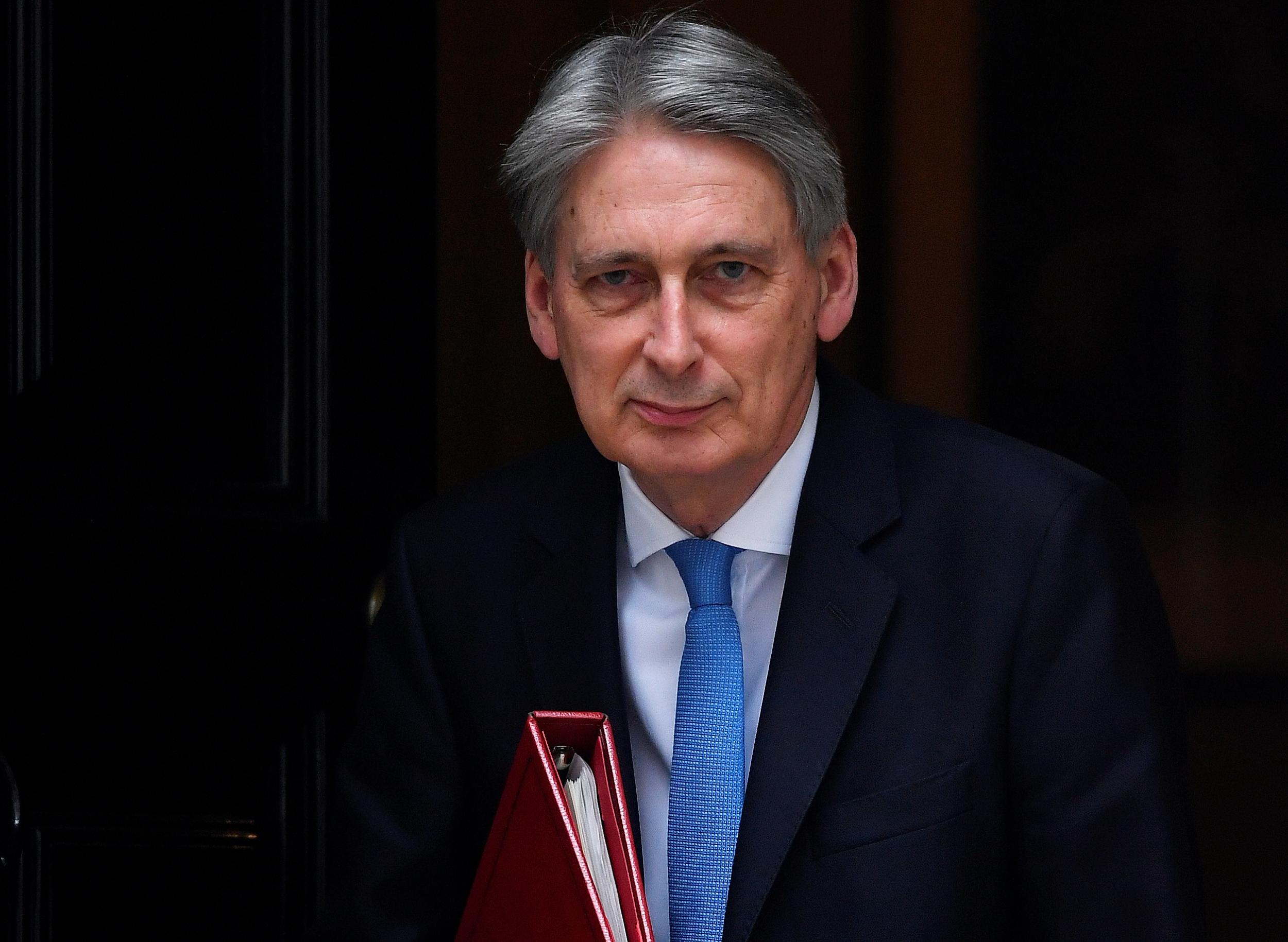There is more riding on tomorrow's Budget than may initially meet the eye
It would be easy to suppose that with Brexit still dominating every political debate the Budget will be something of a sideshow, but Hammond’s performance tomorrow could have a major impact both on domestic politics and the broader Brexit farrago

These days, the delivery of a budget by the chancellor of the exchequer rarely springs much of a surprise. The insatiable appetite of the 24 hour news cycle and the leakiness of parliament – not to mention the scrutiny of the Office for Budget Responsibility (OBR) – means that we generally know long in advance both what wriggle room is available to the chancellor, and what are likely to be the key announcements on the day.
This year, it seems clear that Philip Hammond is set to announce significant spending plans. The NHS will almost certainly get an extra £20bn a year (including a welcome boost for mental health provision), while social care services and the armed forces also appear to be in line for a windfall. Small businesses will get relief from a rates cut – though they will groan about it being inadequate – and there may be help too for those stuck in the vicious cycle of low wages and payday loans. House builders are hoping for some positive news as well, while the Treasury has also announced a significant tree-planting programme which is not before time.
As to how he will pay for the expected fiscal bonanza, we already know too that the chancellor has more room for manoeuvre than he might have anticipated. The OBR having recently amended its forecasts on public spending costs and tax revenues to Hammond’s benefit. The upshot is that potentially divisive plans to raise income tax or VAT will probably be avoided. Taxes on specific goods – usual targets like tobacco and newer ones such as single-use plastics – are not likely to brook much opposition; nor (in parliament at least) will proposals to increase tariffs on big tech firms.
It would be easy to suppose that with Brexit still dominating every political debate, this week’s Budget will be something of a sideshow – whatever it contains. Indeed, it is possible that it may be forgotten within days, if the prime minister’s desperate attempts to do a deal with the EU continue to unravel over the coming weeks.
However, it is also conceivable that Hammond’s performance tomorrow could have a major impact both on domestic politics and – as a result – on the broader Brexit farrago. A budget that delivers a decent public spending programme without unpopular tax increases will certainly bring at least temporary harmony to the government benches. It will also, as these things tend to do, give Hammond a personal moment in the sun, which may lead to his moderate vision for Brexit – which is largely akin to the prime minister’s – carrying more weight with the media-consuming public.
Unity among the Conservative party will naturally put the prime minister in a stronger position when she and Dominic Raab, the Brexit secretary, return their attentions to negotiations with the EU. Ms May needs to convince the EU 27 that she has a mandate: having her party firmly behind her will go some way towards achieving that. Given how swiftly ructions over Brexit can appear though, she will need to take her chance quickly.
A well-received Budget could also spike Labour guns: if the chancellor can make a convincing case that he is “ending austerity”, a major plank of the opposition’s critique of the government will be removed. What’s more, while internal divisions within the Labour party have been quieted in recent months, they are rarely far from the surface. There has been much talk over the past few weeks of the opposition desiring an early general election: that only suits Labour if it is not perceived as being riven by disunity.
All in all then, there is arguably more riding on this Budget than may have initially met the eye. The major problem for the chancellor and the prime minister is that nothing we hear on Monday can solve the Irish border question, which at present seems to be the issue on which Brexit – and UK politics for a generation – largely depends.
Furthermore, even if Hammond tells parliament that the era of austerity is over, there will many people in cities, towns and villages across the country who will see no evidence of it in their daily lives. For them, it will take more than a set-piece parliamentary announcement to regain trust in politics.

Join our commenting forum
Join thought-provoking conversations, follow other Independent readers and see their replies